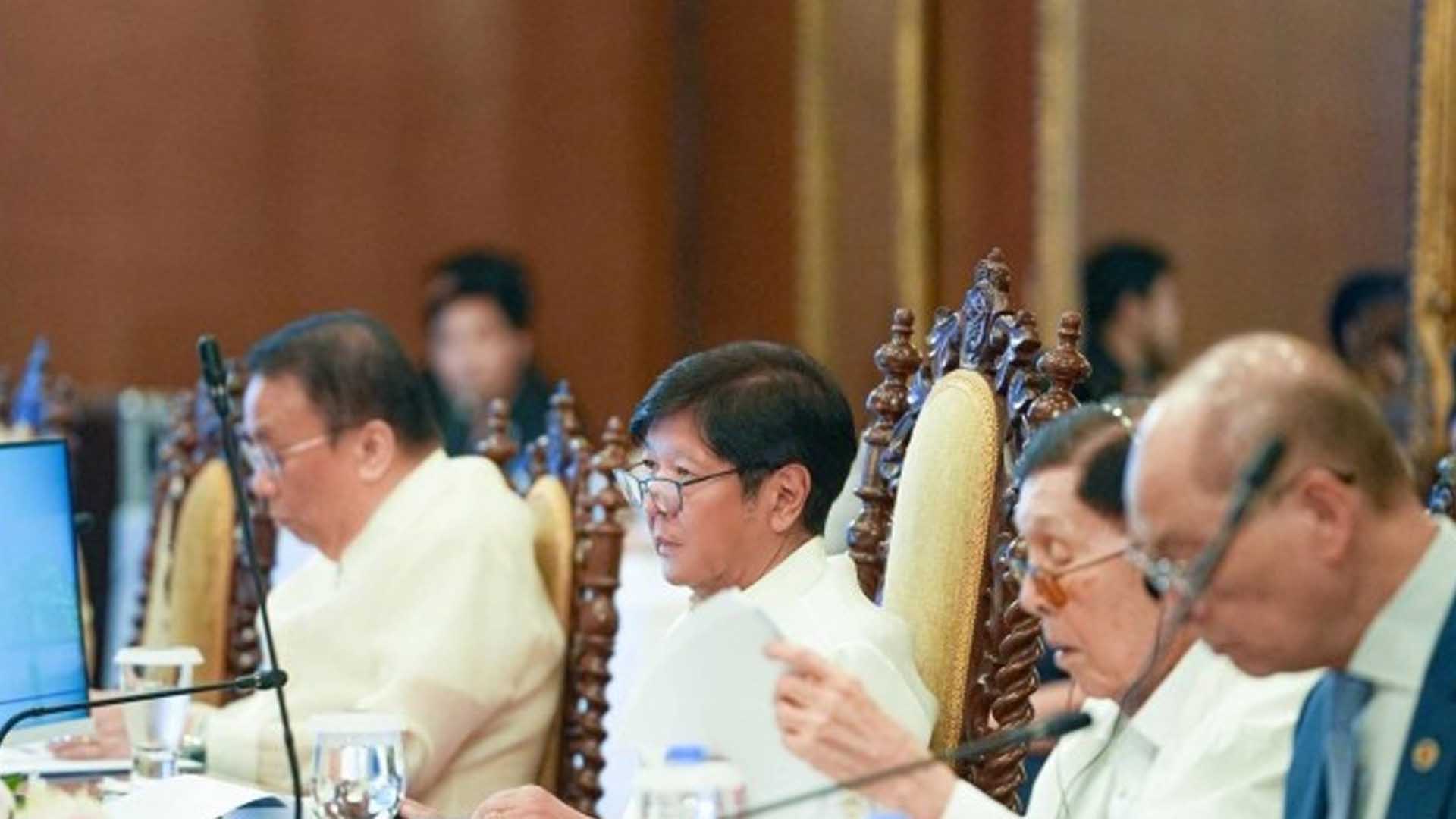President Ferdinand R. Marcos Jr. has agreed that the proposed gas aggregation strategy is vital in ensuring a stable and cheaper energy in the country.
This, after Marcos met with officials of the Prime Energy Resources Development B.V., (Prime Energy) at Malacañan Palace in Manila on Tuesday to discuss the firm’s plans for the country’s energy sector.
In a presentation led by Prime Infrastructure Capital Inc. chairperson Enrique Razon Jr., Marcos was briefed about Prime Energy’s intent to explore and develop indigenous gas prospects, as well as to make the country’s gas market stable and competitive.
The company also discussed with Marcos its plan to supplement the current indigenous gas production with liquefied natural gas (LNG) imports through a gas aggregation framework.
“It seems that this gas aggregator idea is the key. Again, we have work to do,” Marcos, as quoted by the Presidential Communications Office (PCO) in a news release on Wednesday, said during the meeting at Malacañan.
Marcos emphasized his administration’s commitment to ensuring the stability of supply and affordability, transparency and competition in the Philippine natural gas market.
Razon was joined by Prime Energy president and chief executive officer Guillame Lucci, senior advisor Sebastian Quiniones and general manager Donnabel Cruz.
Prime Energy, the operator of Malampaya Service Contract 38 (SC 38), also gave Marcos an update on the progress made in developing the nearby fields.
PCO Secretary Cheloy Garafil said Prime Energy will begin drilling two deep wells in the last quarter of 2024, with additional production from the Malampaya field expected to start by the first half of 2026.
Prime Energy told Marcos about its plan to import LNG to make up for shortfalls in Malampaya gas, noting that the added feature is the blending of imported natural gas to ensure stability of supply at a price below the international level.
Garafil said the blended gas will be made available by Prime Energy and PNOC Exploration Corp. (PNOC-EC) to all gas power plants at the same price.
“The President welcomed the drilling schedule for SC 38,” Garafil said. “President Ferdinand R. Marcos Jr. expects a more stable and cheaper energy with the expanded development of Malampaya gas field and blending of imported liquified natural gas.”
The Malampaya gas field is the only indigenous gas source in the country.
Prime Energy, a subsidiary of Prime Infrastructure Capital Inc., is a natural gas exploration and development company. It owns the 45 percent operating interest in SC 38 covering the Malampaya deep water gas-to-power project.
The Malampaya deep water gas-to-power project plays a crucial role in supplying 20 percent of Luzon’s electricity needs.
In over two decades, the Malampaya Project has been instrumental in ensuring energy security of the Philippines. It has generated significant revenues of over USD13.14 billion for the Philippine Government.
Marcos signed the Renewal Agreement of Malampaya SC 38 on May 15 this year for the extension of the contract until February 2039.
With the renewal of SC 38, Prime Energy plans to commence drilling activities by 2025 in the Camago and Malampaya East fields that are in close vicinity to the existing Malampaya Platform and participate in other Service Contracts.
Production from a new well in the Malampaya natural gas resource is expected by 2026.
The extension of the Malampaya natural gas field service contract will add at least USD600 million worth of investments for drilling two wells and subsea facilities, the Department of Energy said in May. (PNA)








